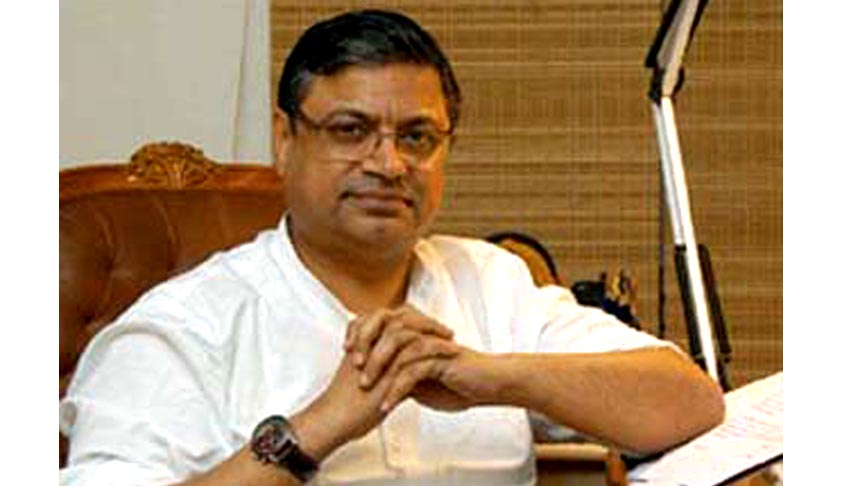- Home
- /
- Cover Story
- /
- As the country looses a Good Judge,...
As the country looses a Good Judge, Jurists unite for the Cause
Apoorva Mandhani
26 Jun 2014 5:11 PM IST
It isn’t common for the Government to segregate the Collegium’s suggestions. Had the Chief Justice chosen to reiterate its nomination of Subramanium, constitutionally, the government would have to comply. But Mr. Gopal Subramanium decided to withdraw, maintaining the integrity and independence which he is admired for, leaving the judicial system and the country to ponder upon the...
Next Story



